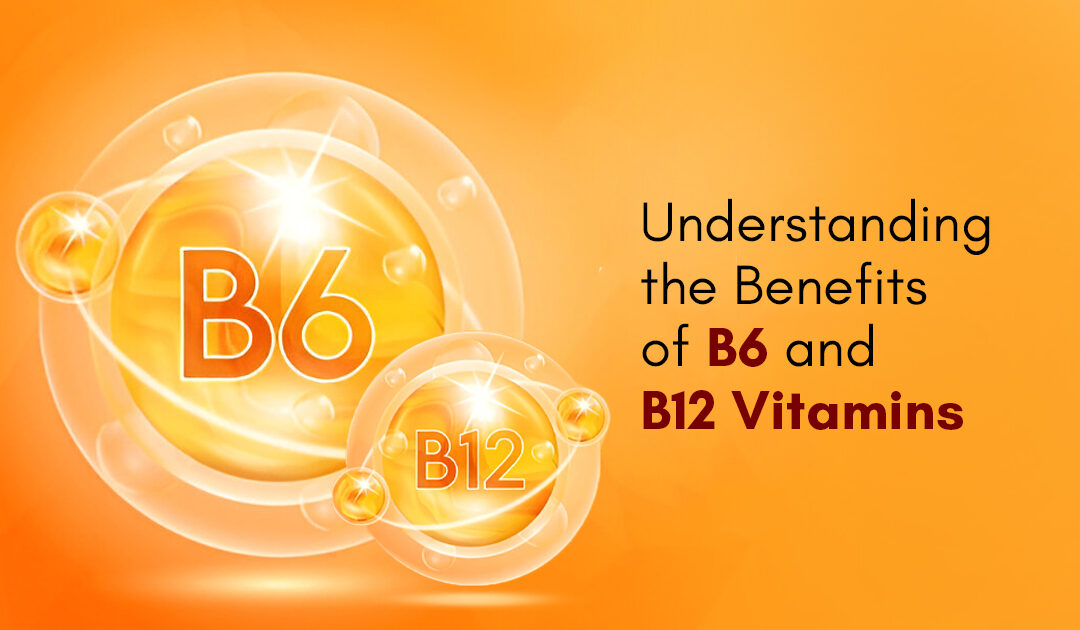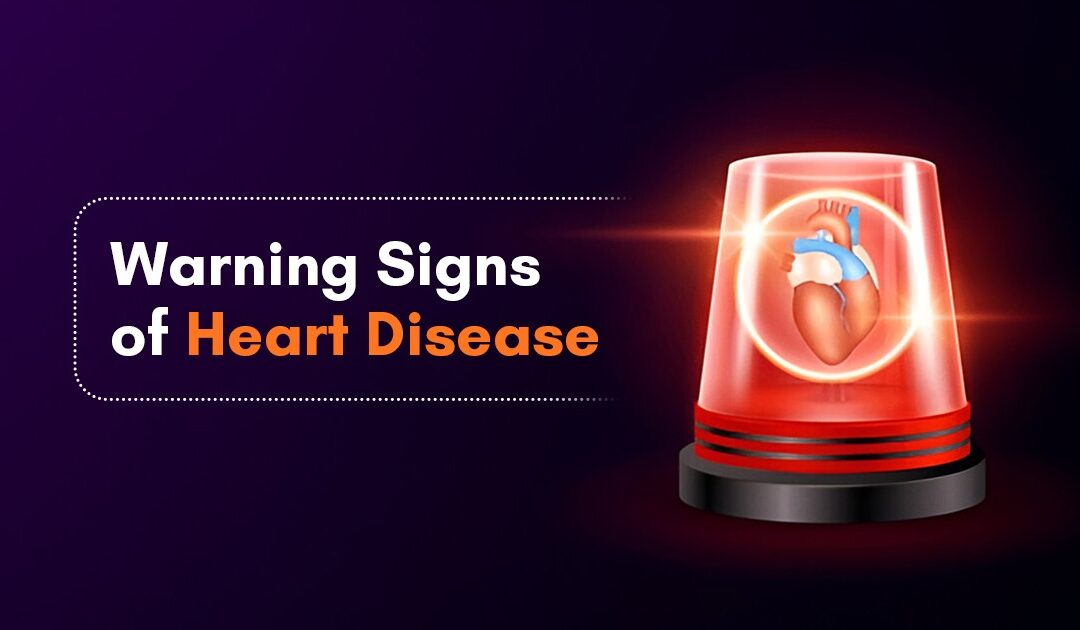The dynamic duo of Vitamins B6 and B12 are important nutrients that play essential roles in maintaining good health. These vital vitamins do it all—from working across different bodily functions to energy production and nerve function. While both Vitamin B6 and B12 work interdependently, each vitamin is special on its own.
Vitamin B-6
Vitamin B6, also known as pyridoxine, is essential for normal brain development and for maintaining the health of the nervous and immune system. The vitamin is present in more food sources than you’d think. It’s found in poultry, fish, potatoes, chickpeas, bananas and fortified cereals. You could also consume it in the form of supplements, as an oral capsule, tablet or liquid.
People suffering from kidney disease and other conditions have malabsorption syndrome, wherein their small intestines fail to absorb nutrients from foods. They are more prone to Vitamin B-6 deficiency. There are certain autoimmune disorders, specific epilepsy medications and alcohol dependency that can also lead to vitamin B6 deficiency. This can cause a condition where you don’t have enough red blood cells to carry enough oxygen to your body’s tissues (anemia), confusion, depression, and a weakened immune system.
Based on the research on Vitamin B-6, there are significant advantages to the body from consuming Vitamin B-6 in the recommended amount. It is extremely essential for metabolism, brain function, immune health, hormonal balance, red blood cell production, optimal heart health, and skin health.
A vitamin B6 deficiency is usually accompanied by a deficiency in other B vitamins, such as folic acid (vitamin B9) and B-12. The recommended daily amount of Vitamin B6 for adult with ages 50 and younger is 1.3 milligrams. After 50 years, the recommended daily amount is 1.5 mg for women and 1.7 mg for men.
Vitamin B12
Vitamin B12, also known as cobalamin, does excellent things for your body. While creating your DNA and red blood cells, it also assists in developing your central nervous system, consisting of your brain and spinal cord. It keeps your hair, nails and skin healthy.
Since your body doesn’t make Vitamin B12, you need to get it from foods of animal origin or supplements. You could however consume meat, fish, poultry, eggs, fortified breakfast cereals, breads, and plant milks. This vitamin is water-soluble, which means that the excess is removed from your body through pee. While Vitamin B12 can store itself in the liver for up to five years, you can eventually become deficient if you need to consume it more.
The recommended dosage for vitamin B12 differs on various factors such as age, health conditions, eating habits, and the kind of medication you take. However, the average recommended daily amount is segregated based on age:
- Infants up to age 6 months: 0.4 micrograms
- Babies aged 7-12 months: 0.5 micrograms
- Children aged 1-3 years: 0.9 micrograms
- Kids aged 4-8 years: 1.2 micrograms
- Children aged 9-13 years: 1.8 micrograms
- Teens aged 14-18 years: 2.4 micrograms
- Adults (19+ years): 2.4 micrograms
- Pregnant: 2.6 micrograms
- Breastfeeding: 2.8 micrograms
Your doctor may prescribe Vitamin B12 injections or supplements depending on your needs.
To sum it up; both vitamins B6 and 12 are essential, as they participate in red blood cell production and help boost immunity. While Vitamin B6 operates to regulate hormones, B12 takes on nerve function and DNA synthesis. They’re equally important to your well-being and therefore should be consumed correctly to lead a healthy lifestyle. Contact your healthcare provider to discuss this further and get more information.




